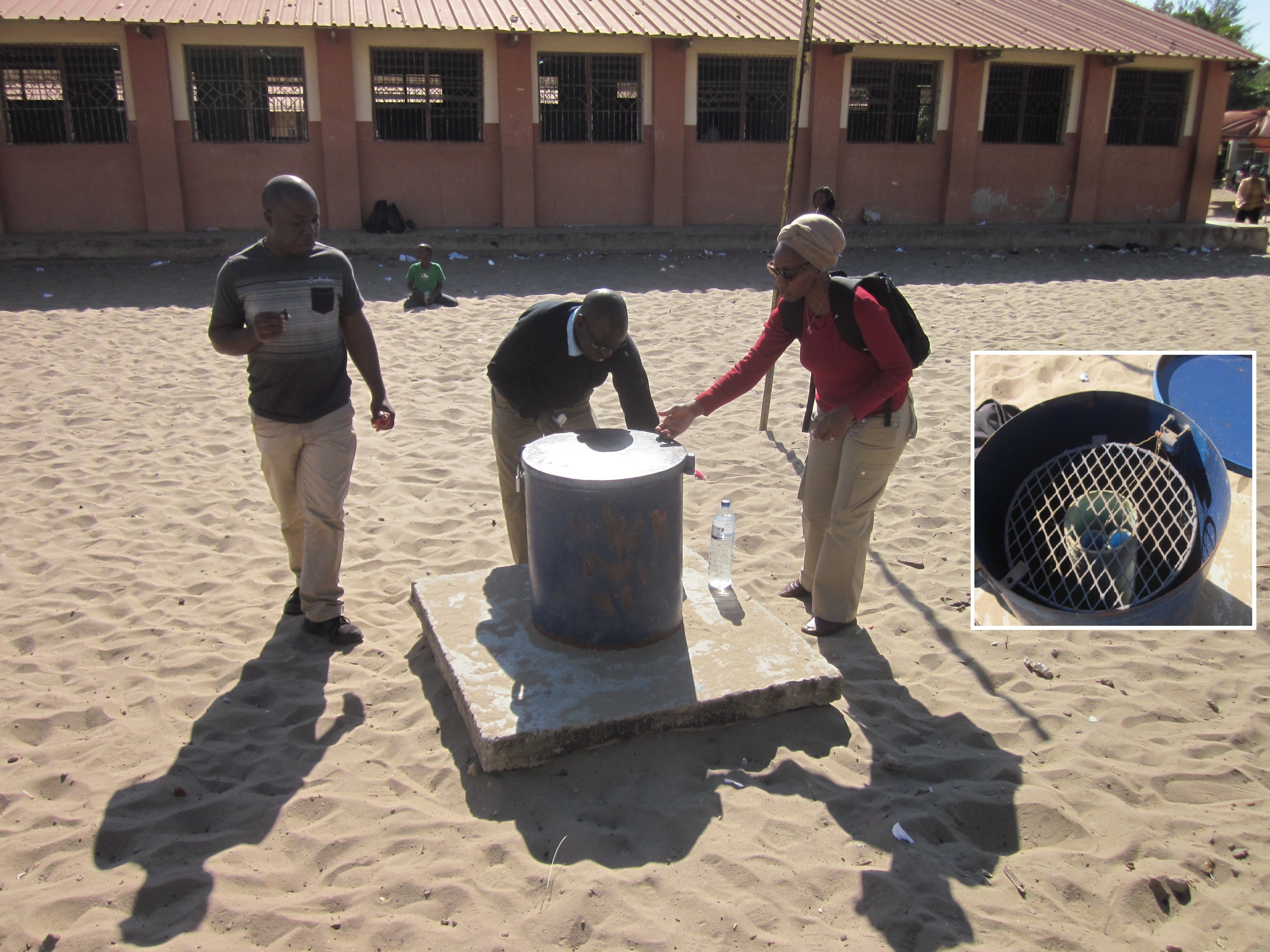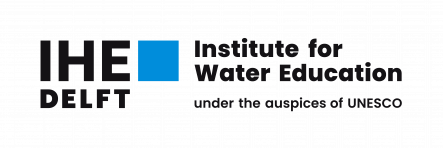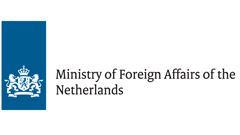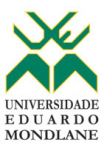Home
Water and food security are among the most important pillars supporting socio-economic development of the southern countries, particularly in response to climate and global change. In many of these countries improving water security cannot be done without enhancing the knowledge on one of the most abundant but at the same time poorly understood water sources, namely groundwater.

Our research aims to address the most widespread problem linked to groundwater exploitation in heavily populated coastal aquifers, namely that of saltwater intrusion. Uncontrolled exploration of such groundwater bodies by large water users leads to groundwater quality problems that directly affect domestic supply and crop productivity. Our approach is to work together with the main users and stakeholders in three different settings: Peri-urban Great Maputo (Mozambique), Mekong Delta (Vietnam) and Laizhou Bay (China, self-funded), towards defining the dimension and impacts of the existing groundwater salinization problems, more importantly, feasible solutions, both at present and under future climate and socio-economic change.

For this purpose significant self and participatory monitoring as well as modelling tools on groundwater flow and salt transport will be developed, recharge/demand ratios and salinity-yield relations will be studied in detail within the local contexts, and model predictions will be made based on water availability, demand and management scenarios. Mitigation and adaptation measures, such as optimized pumping practices and well locations, managed aquifer recharge, and alternative land uses (e.g. more salt-tolerant crops), will be co-constructed with local stakeholders. Their technical, social and economic feasibility will be evaluated, thereby comparing results and exchanging experiences between the three case studies.
Project outcomes are expected to have major impacts on: shift towards sustainable pumping practices of the coastal aquifers; change towards representative and participatory groundwater monitoring and more inclusive groundwater resources management; stimulation of agricultural productivity; and design of aquifer recharge experiments with the Water Utilities.







